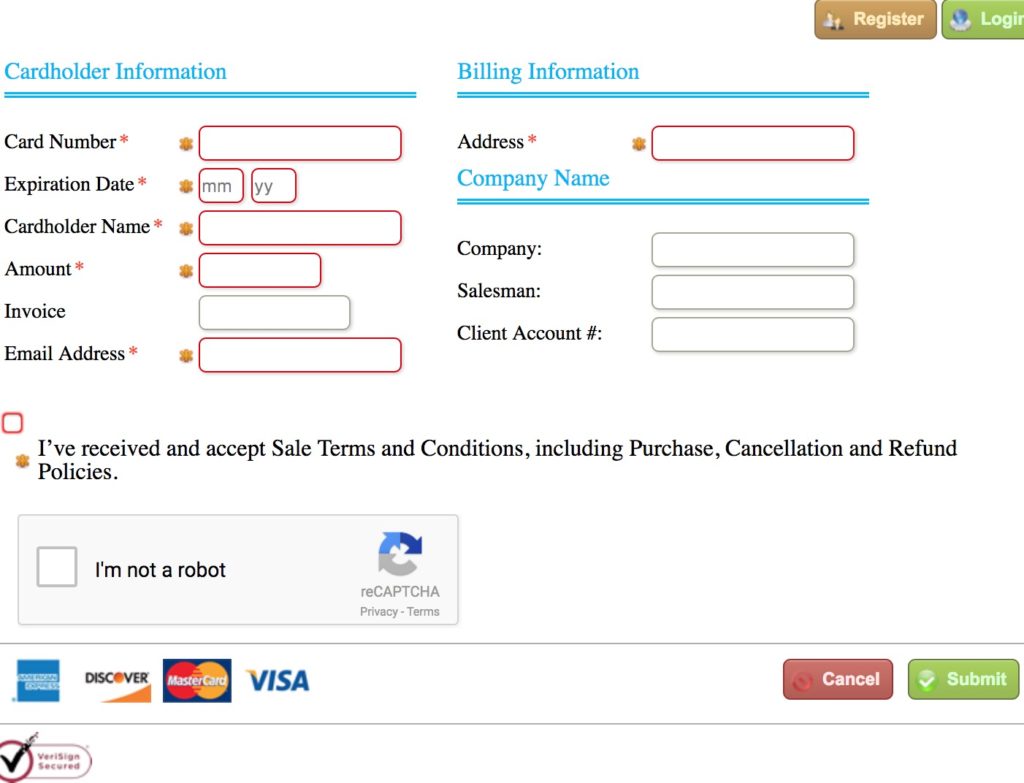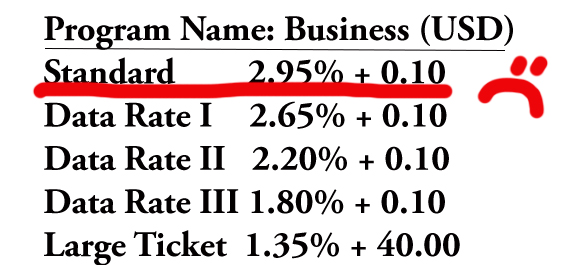How can Magento developers help merchants get compliant with the Visa Stored Credential Transaction framework and mandates effective October 14, 2017?
Drive your profits while helping clients keep compliant with fast changing credit card processing rules.
Step by step guide:
How will clients manage consent record requirements? See Improving Authorization Management for Transactions with Stored Credentials https://usa.visa.com/dam/VCOM/global/support-legal/documents/stored-credential-transaction-framework-vbs-10-may-17.pdf . Will gateway provide a checkbox for consent records and ability to retrieve records on demand? (I called authorize.net on October 2 and they advised they will not offer this service, and will leave up to merchants.) Will you develop a custom application to include opt-in date, time and other requirements, plus storage and retrieval capability? Will you advise merchants to choose a technology solution, including payment gateway, that will manage automatically? CenPOS, a merchant-centric, end-to-end payments engine that drives enterprise-class solutions for businesses, saving them time and money, while improving their customer engagement will provide an automated solution for clients. Contact me for the plugin.
Update terms and conditions. Ensure online order terms include sale, refund and cancellation policies. Add a checkbox for customer opt-in to terms, including online payments. CenPOS has an opt-in box and you can customize the text.
Verify if there’s a system to manage authorization validity. What the heck does that mean? Many businesses, especially B2B companies, have complex needs including pre-authorizations, incremental authorizations, delayed shipping etc. While merchants may get issuer approvals, that doesn’t mean the authorization is valid. The two most common rules businesses struggle with are “Settlement within 72 hours” for card not present sales, and “Authorization amount and settlement amount must be equal”. (I asked authorize.net support about both items on October 2 and was told they do not offer automated solution.) CenPOS automates compliance. Other payment gateways are incapable or may leave it up to developers to create a solution. How can a developer verify if merchant has an issue? Ask clients to look at their merchant statement ‘pending interchange fees. If you see EIRF or STD, that’s a red flag there’s a problem.
Create a hosted pay page. B2B Businesses almost always have more than one sales channel and use of paper credit card authorization forms is common. They need help to eliminate. You already have the SSL certificate, so it’s a natural add on to provide clients a secure web page with an iframe a solution to collect payments. With CenPOS, end customers can use the same stored credential in Magento and the pay page, both credit card and ACH.  Prevent brute force attacks. System hardening is a PCI compliance requirement. See Visa best practices to prevent brute force attacks. https://usa.visa.com/support/merchant/library/visa-merchant-business-news-digest.html. CenPOS includes recaptcha and client managed velocity and other rules as part of a layered security approach.
Prevent brute force attacks. System hardening is a PCI compliance requirement. See Visa best practices to prevent brute force attacks. https://usa.visa.com/support/merchant/library/visa-merchant-business-news-digest.html. CenPOS includes recaptcha and client managed velocity and other rules as part of a layered security approach.
Payment Gateway checklist:
- Verify payment gateway will send correct transaction data and flags for the initial transaction and subsequent transactions.
- Advise clients to set gateway for zero dollar authorization when storing a new card.
- Ensure client is registered for 3-D Secure and it’s enabled.
- Confirm if gateway will automatically flag a transaction as customer initiated stored credential or merchant initiated stored credential (automated recurring billing). Additionally, the merchant initiated transaction must be sent with the MOTO indicator, not ecommerce.
- Does gateway support level 3 data?
CenPOS manages all compliance and other items seamlessly in the background.
Communicate with clients. Advise any upcoming changes will increase efficiency and security for everyone. Advise clients to learn more about CenPOS payment gateway – call Christine Speedy, 954-815-6040.
Why comply? With full compliance and following my recommendations, merchants can expect better qualified interchange rates, increased approvals (avoid declines based on issuer risk averse algorithms), reduced PCI Compliance burden, fraud liability shift to issuer and increased efficiency for both buyer and seller. The cost of non-compliance is hefty, including higher interchange rates, penalty fees, and risk of both issuer and cardholder chargebacks.
The same transaction can process at different rates as shown above, depending on which rules you follow. CenPOS Smart Rate Selector automates compliance to qualify transactions at the lowest rate possible. Which rates are on your merchant statement now?
Magento developer billing: Developers also need to comply with recurring billing requirements for your sales. What’s worked before is not compliant- everyone needs to change.
Resources and documentation /blog/merchant-bulletins-downloads – bookmark it!. Join Christine Speedy’s email list.
DISCLAIMER: condensed and incomplete information! Information may be quickly outdated.
With the fast pace of changing rules, developers need a technology partner to automate compliance. Did you know?
- For those not ready to give up paper, CenPOS creates a printable PCI Compliant credit card authorization form for every stored card.
- CenPOS has ERP, ecommerce shopping cart, accounting and other plug-in modules available for quick and easy implementation.
- I’ve been selling for CenPOS since day 1. Though I have other payment gateways available in my arsenal, nothing else compares for meeting business to business needs.
Christine Speedy, CenPOS authorized reseller, 954-942-0483 is based out of South Florida and NY. CenPOS is a merchant-centric, end-to-end payments engine that drives enterprise-class solutions for businesses, saving them time and money, while improving their customer engagement. CenPOS secure, cloud-based solution optimizes acceptance for all payment types across multiple channels without disrupting the merchant’s banking relationships.

